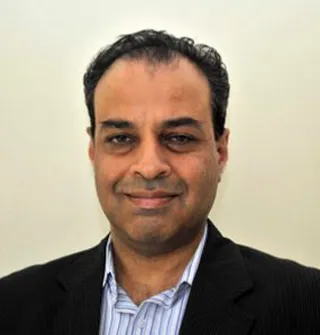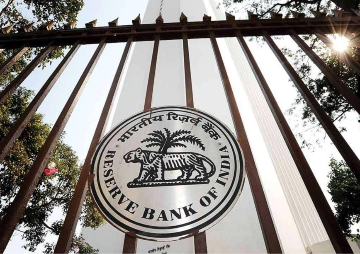The Prime Minister’s announcement on the creation of a Chief of Defence Staff (CDS) is a significant move. The need for a single-point adviser between the government and the
armed forces has been a long-standing demand of the defence establishment, with a succession of committees since the late 1990s — including the Kargil Review Committee in 1999 and a Committee of Experts set up by the Ministry of Defence under the chairmanship of General D.B. Shekatkar in 2016 — recommending structural reforms in the military and an integrated command structure. The idea since then has been to create an office that would bring unity of command to the services; a high ranking military official who will rise above inter-services rivalry and provide holistic advice to the political executive on critical issues such as joint strategy and planning, weapons procurement, manpower allocation and joint operations.
To be sure, there has never really been any consensus in the defence establishment on the advisability of such a move. Fearing a loss of supremacy, the bureaucracy has preyed on the apprehensions of the political class, leading the latter to believe that a powerful military officer at the apex would encourage praetorian tendencies in the services. Meanwhile, concerns that the new office would be dominated by the Army have never quite allowed the Navy and Air Force to fully support a CDS.
The problem, as some see it, is the continuing discomfort in sections of the military with a unified command structure, in particular the setting up of ‘theatre commands’ with independent operational commanders who would report supposedly not to the service chiefs but the Cabinet Committee on Security, of which the Chief of Defence Staff would be a member. Such an arrangement would remove service heads out of the operational chain of command, putting the latter effectively in-charge of joint military operations. Alternatively, the government could decide to vest the CDS with ‘administrative’ powers — as recommended by the Arun Singh committee in 2001 — but doing so would rob the new office of its essential vitality, rendering the entire exercise pointless. More troubling for senior officers is the likelihood that the advent of theatre commands would restructure the criteria for promotion to higher ranks, with joint appointments being privileged over service operational tenures. That would put paid to the hopes of many, given the intense rivalry and turf wars between the services, and their deeply parochial culture.
U.S.’ experience
The United States’s experience with the 1986 Goldwater-Nichols reforms is instructive of the apprehensions that institutional restructuring of the defence forces could potentially engender. In the aftermath of the reforms, many senior officers felt that the changes in the U.S. military command structure had politicised and de-professionalised the officer corps, imposing a politically derived solution on a reluctant military establishment. Notwithstanding the operational benefits of a unified command structure, many harboured misgivings but were reluctant to speak their minds for fear that their careers would be adversely impacted. Others sought to take advantage of the new system, internalising the notion that ‘where’ an officer served (in joint appointments) was more important than ‘what’ he/she did (in operational service tours).
Given that the Indian Air Force has in the past opposed the move towards theatre commands, it isn’t clear if the appointment of a CDS is by itself a salutary step. Sceptics say that that military’s record of ‘jointness’ has been patchy, and even at the Andaman and Nicobar Command, India’s only tri-services command, there has been no real move towards service integration, with attempt to combine service doctrines, and integrate operating procedures and material acquisition processes fetching nominal results. As long as the Indian government persists with the present arrangement, where service headquarters are outside the Ministry of Defence, and a generalist bureaucracy rules, the armed forces are unlikely to ever be effectively unified. This is bound to have an impact on the functioning of the CDS, who is likely to find the inter-services prioritisation of budgets and resources a hard proposition. Without other structural reforms, questions are bound to be raised about the wisdom of appointing a joint chief without the administrative wherewithal to fully appreciate the particular needs and acquisition processes of individual services.
A sinecure for Rawat?
In some sections of the strategic community, there is a sense that decision to appoint a CDS may have been driven (in part at least) by the need to extend the tenure of the Army Chief, General Bipin Rawat, whose statements in support of government policies in the past have endeared him to the political establishment. If this is indeed a sinecure or sorts for the general, it is bound to cause heartburn in other services.
Thus, even as the country celebrates the announcement of the CDS, there is a need to recognise that the task is far from complete. How effectiveness the new office will be would depend largely on the delineation of its powers and the swiftness with which supporting reforms are undertaken, including structural changes within the Ministry of Defence, and creation of unified theatre commands. This isn’t likely to be a straightforward undertaking; for even as the first incumbent sets about optimising resources and results, he will need to create confidence in all three services that their legitimate and vital interests will not be compromised.
This commentary originally appeared in The Hindu.
The views expressed above belong to the author(s). ORF research and analyses now available on Telegram! Click here to access our curated content — blogs, longforms and interviews.




 PREV
PREV


